The 2nd EAC Child Rights Conference was held at the Desmond Tutu Conference Centre in Nairobi, Kenya from 25-26 August. The conference, placed under the theme “Coordinated and Sustained Investment in Children,” saw thirty children from Burundi, Kenya, Uganda, Tanzania and South Sudan come together to discuss children’s rights in the region and imagine how member countries can cooperate and develop common approaches towards disadvantaged and marginalized groups, especially children. During the conference, the 2016 EAC Child Policy was adopted.
Understanding children’s concerns
“As you know children are the foundation of our society,” said Hon. Jesca Eriyo, EAC Deputy Secretary General in charge of Productive and Social Sectors.
“Children suffer a lot of challenges as they grow up, and children are affected by so many issues in our society. If you don’t build good citizenship among the children, then in the future you don’t get good leaders or elders.”
According to Hon. Eriyo, giving children the opportunity to discuss issues which affect children and say how they are feeling is the best way to listen them. “We want to make sure that children are assertive, that they can speak for themselves, that they know their rights, and that their rights are protected. So in order to do that, we need to put in place laws, policies and structures which can support children.”
For Bryan, 17, from Kenya, the main concern for children is poverty. “Poverty is the foremost challenge that Kenyan children suffer from,” he says. “It brings down health and education. Also, harmful cultural practices such as sacrifices concern a great part of children.”
Joint action to promote children’s rights in the EAC
Children’s rights are promoted in different ways. First of all, there are specific basic needs of human beings which are applied to children: one is health.
“We have a robust health policy and health in system in the East African Community,” explained Hon. Eriyo. “We have programs for the protection of newborns and under-five children and teenage children and mothers. So we have those programs that help to protect children from neonatal diseases and as they grow up they have immunizations, and we have put in place structures. So in the health sector alone, we are doing a lot of things for children.”
Secondly, EAC is harmonizing the education systems in the region to make sure that governments have in place schools and curriculum that can train children to become more responsible citizens. Promotion of sport and culture in the region is also a priority so that children can grow up as wholesome human beings.
Finally, member countries are also jointly addressing issues of agriculture, food security and nutrition. “The East African Community is in the process of establishing an EAC center for nutrition in Bujumbura, Burundi, so we can address a consensus of children but also adults in terms of nutrition, so people grow healthy,” explained Hon. Jesca Eriyo.
Governments have to protect children’s rights
Governments are accepted to strengthen the structures that address children’s issues at partner state level and also at the regional level. “Children should be involved in decision making, so with those countries that don’t have structures where children can have discussion on how to grow, how to learn good things in life, children will go and learn bad things,” said Hon. Jesca Eriyo.
“Children’s rights are protected by countries of EAC,” noted Valentine, 15, member of National Council for Children’s in Kenya. “They have many bodies that take care of children and the people who violate the rights of children can be punished, be judged.”
Paying special attention to girls
Concerns about early pregnancy and early marriage of girls in the region were also a topic of discussion at the conference. “The government should put a law that at least a girl should not get married before the age of twenty five,” suggested Mary, 13, from Uganda.
“If girls stay in school and get married properly later, and then have their children, then we will have good families and when we have good families we can contribute to the socio-economic development of our countries and our region,” noted Hon. Jesca Eriyo.
Advice for all children in East Africa
“First of all, my advice to children is that they should be good children,” says Hon. Jesca Eriyo. “Being good means they should listen to their parents and elders if they tell them good things and they should not listen to elders who tell them bad things, who recruit them into doing bad things, they should not! Number two, they should go to school and study and become ambitious, so that they become important people in future. To become someone who has an income, you should study and become a pilot, a soldier, a president; children can become anything if they go to school and focus on studies. “
This was the 2nd EAC Child Rights Conference following the one held in Bujumbura four years ago. The EAC Child Policy (2016) provides a functional regional framework to facilitate the development, coordination and strengthening of Partner States towards realization of the children’s rights and wellbeing.
Additional reporting by Aurore Princia Ineza, 16, UNICEF child journalist from Bujumbura, Burundi
By Alain Beni Rubavu, 16, UNICEF child journalist from Bujumbura, Burundi

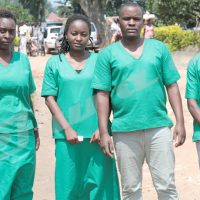
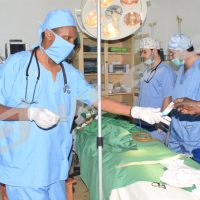
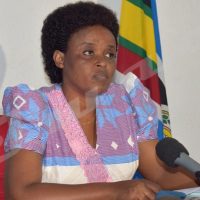
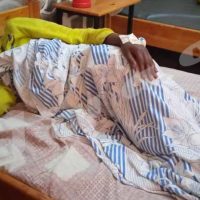
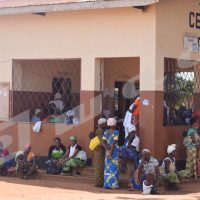













 IWACU Open Data
IWACU Open Data

